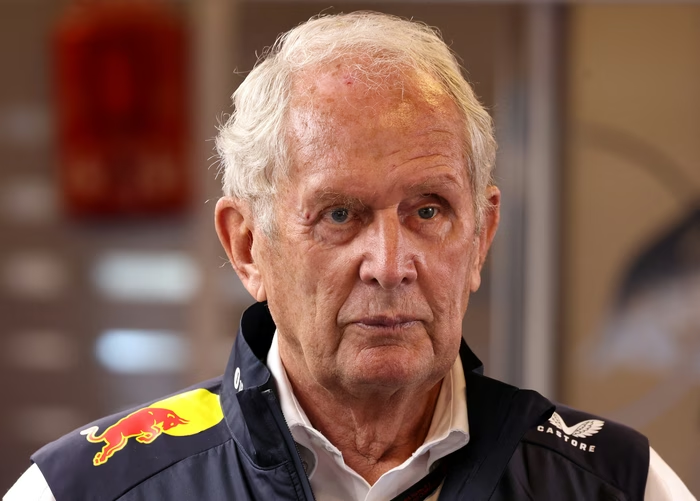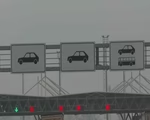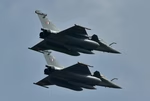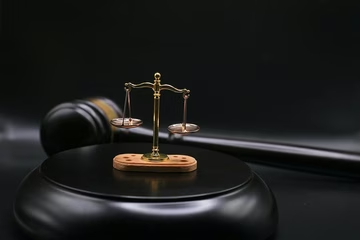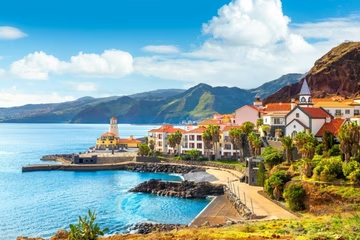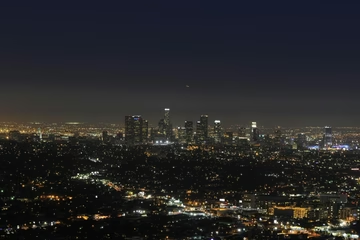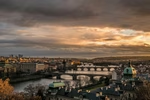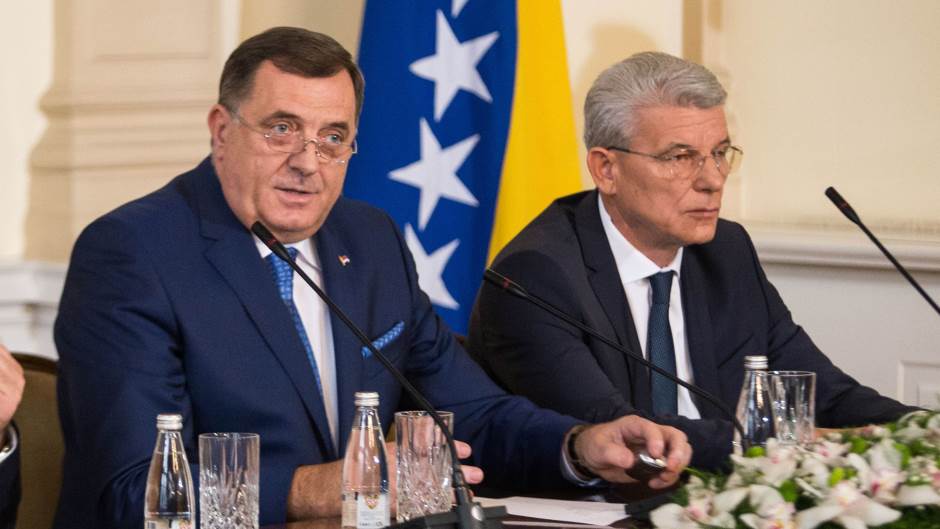
Bosnia can only move toward EU membership if the country implements the necessary reforms and this can only be done if its government is formed following the election. However, the Bosniak and Croat members of the tripartite Presidency will only agree to a new government that would be ready to take Bosnia toward NATO membership, which the Serb member opposes.
"Now, everything is clear," the Chairman of Bosnia's tripartite Presidency, Bosnian Serb leader Milorad Dodik said a day after he handed Bosnia's answers to a European Commission questionnaire to EU officials.
"Brussels expects the swift forming of the government without the setting of conditions regarding any issues, including MAP (the Membership Action Plan)," Dodik said.
The European Parliament Rapporteur for Bosnia and Herzegovina, Cristian Dan Preda, stressed on Monday that in order to implement the reforms that would bring Bosnia closer toward EU membership, it needs to form a government following the October 2018 General Election as swiftly as possible.
The Membership Action Plan Dodik referred to, an essential step toward Bosnia's accession to NATO, has been a divisive topic in the country.
Bosniak and Bosnian Croat politicians want Bosnia to be a member of the alliance, but most Bosnian Serb politicians are against it.
According to Bosnia's political system, representatives of the three major ethnic groups in the country must reach a consensus in order for any decision to be made.
The differing stances between them are also the main reason why Bosnia has still not formed its government following the 2018 General Election.
The new Council of Ministers, which is effectively Bosnia's government, should be chaired by a Serb from Dodik's Alliance of Independent Social Democrats (SNSD), Zoran Tegeltija. But since the SNSD has repeatedly said it will not agree to the implementation of earlier Presidency decisions which paved the way toward NATO membership, the Bosniak and Croat Presidency members said they will not support the naming of the SNSD's Chairman of the Council of Ministers until the Annual National Programme, a requirement for the MAP, is adopted.
Dodik said the SNSD will not give in and insisted the Party for Democratic Action (SDA), the main Bosniak party in the country, should change its mind. He accused the SDA of "keeping Bosnia hostage" with the NATO issue.
"The SDA is trying to impose on us that first the NATO issue must be solved. That is part of their policy," he said.
"The SNSD will not sacrifice the principle of military neutrality for any agreement on forming the government," he said, referring to a Decision on Military Neutrality the RS National Assembly adopted in 2017, in line with neighbouring Serbia.
He also argued that one of the reasons why the SNSD is not in favour of NATO membership is that Bosnia's two semi-autonomous entities would have to invest twice as much into defence if the country became a member.
But a member of Dodik's SNSD, Nebojsa Radmanovic, is the one who personally submitted the request for the MAP in 2009 when he served as the Bosnian Serb member of the country’s tripartite presidency.
The SNSD changed its mind when neighbouring Serbia declared military neutrality, which meant it had no intention to join the military alliance. As long as Serbia stays out of it, the Bosnian Serbs will stay out of it, SNSD officials have been saying.
Kakvo je tvoje mišljenje o ovome?
Učestvuj u diskusiji ili pročitaj komentare





 Srbija
Srbija
 Hrvatska
Hrvatska
 Slovenija
Slovenija


















